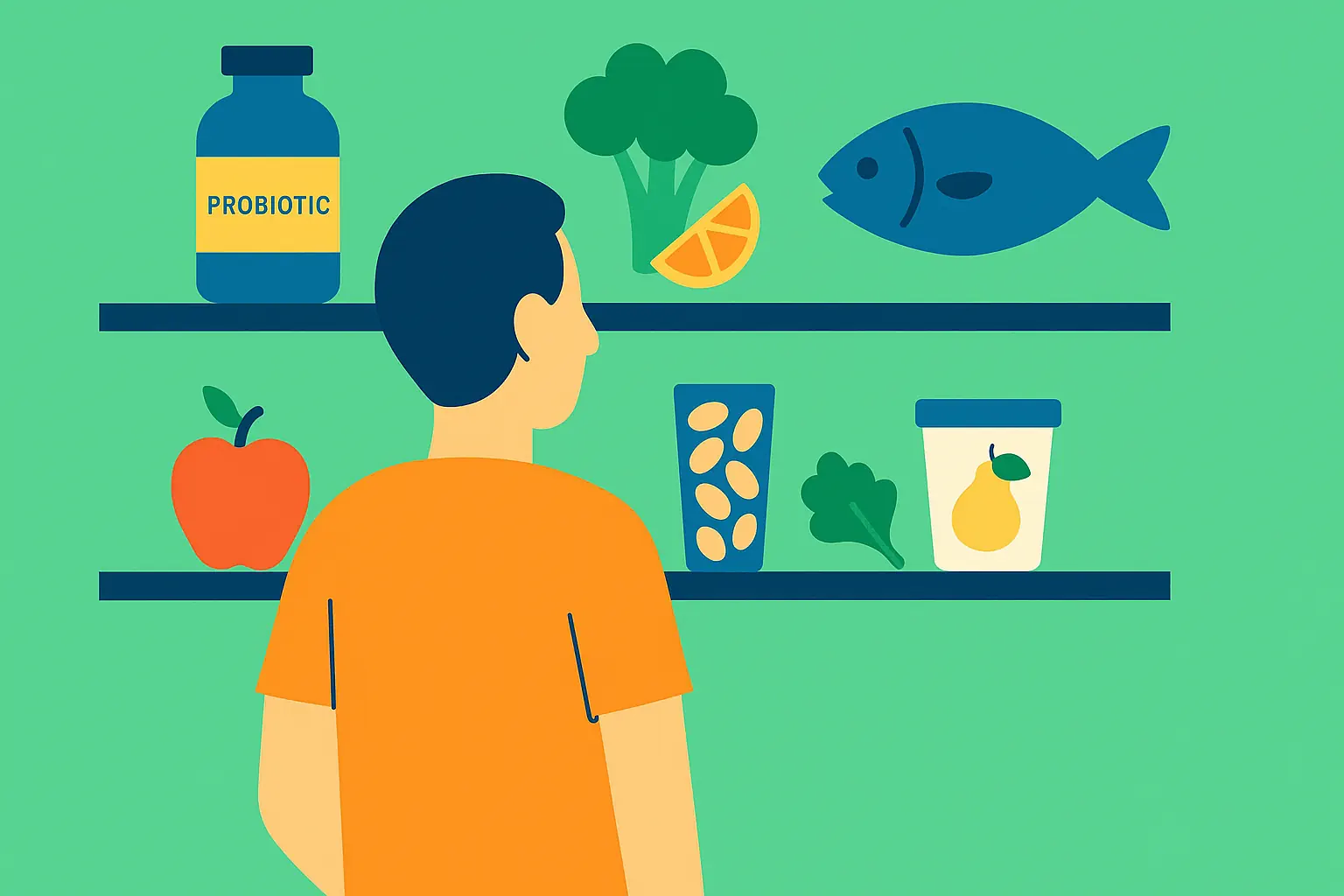For years, health advice has sounded the same: eat less sugar, cut the fat, follow this new plan. Millions tried, millions gave up. The truth is becoming harder to ignore — what works for one person often fails miserably for another. In 2025, a new approach is taking over the wellness conversation. It isn’t about the next trend diet. It’s about learning how to eat for your own body.
This shift has a name: personalized nutrition, often paired with the philosophy of functional eating. Together they are rewriting the rules of how we think about food.
Why Diets Don’t Fit All
Traditional diets are built on averages. They assume that if cutting carbs worked for one person, it should work for everyone. But science paints a very different picture. A groundbreaking study in Cell followed over a thousand people eating the same meals. The results? Their blood sugar responses were completely different. One participant’s “healthy” snack sent glucose soaring, while another’s remained stable. The deciding factors weren’t willpower or calories but individual biology — genetics, microbiome, and lifestyle.
It explains why your friend might glow on a plant-based diet while you feel drained, or why some thrive on intermittent fasting while others struggle with constant fatigue. There is no single “right” diet. Instead, there is the right diet for you.
From Calories to Purpose
If personalized nutrition answers the “for whom” of eating, functional eating answers the “why.” It’s a way of looking at food not just as fuel, but as a tool. Instead of asking, “How many calories are in this?” the question becomes, “What can this food do for me?”
That mindset explains the rise of adaptogens, prebiotic sodas, and protein-plus-fiber meals dominating store shelves in 2025. People are no longer just shopping for taste — they are shopping for outcomes. A sparkling drink might promise calmer nerves; a protein-packed breakfast might be chosen for steady energy rather than weight loss.
The philosophy is simple: use food with intention.
The Science Driving the Trend
Behind the marketing is genuine evidence. Research in Nature has highlighted the role of the gut microbiome in everything from mood regulation to metabolism. Studies from the National Institutes of Health show that genetics strongly influence how we metabolize fats and carbs. Even sleep and stress levels can alter how our bodies respond to identical meals.
McKinsey’s 2025 report on the wellness industry underlines how powerful this shift has become. Consumers are no longer satisfied with generic diet advice. They want apps that track their reactions, supplements tailored to their biology, and meal plans that acknowledge individuality. In short, they want food strategies designed around their lives.
Putting It Into Practice
You don’t need a DNA test to start. In fact, some of the most effective steps are the simplest. Paying attention to how you feel after meals — energized, bloated, sleepy, or focused — can be as revealing as any lab report. Keeping a short food-and-mood journal for a week may highlight surprising patterns.
Technology is making this easier. Continuous glucose monitors, once used only for diabetes, are now helping people understand how their body reacts to bread, fruit, or pasta. For others, a smartwatch that logs sleep and energy levels is enough to experiment with different meal timings or nutrient combinations.
And then there’s functional eating. Choosing salmon not just because it tastes good, but because its omega-3 fatty acids fight inflammation. Adding turmeric to a dish for its anti-inflammatory potential. Reaching for yogurt or kimchi with the awareness that you’re feeding your gut microbiome. It’s not restriction — it’s curiosity.
Beyond the Plate
Personalized nutrition doesn’t stop with food. Stress, exercise, and rest all influence how your body processes nutrients. A sleepless night can change hunger hormones, making you crave more processed foods. A daily walk can improve insulin sensitivity, changing the way your body uses carbs.
This interconnectedness is what makes personalization so powerful. It acknowledges that your diet isn’t just about what’s on your plate, but about the rhythms of your life.
The Bigger Picture
The future of nutrition won’t be about the next celebrity-endorsed cleanse. It will be about listening more closely — to your body, to science, and to the subtle signals that tell you what works and what doesn’t.
Personalized nutrition is not a promise of perfection. It’s an invitation to experiment. Functional eating is not a rigid plan. It’s a mindset: that food can do more than keep us alive — it can actively help us thrive.
So maybe the real revolution isn’t about what diet you choose, but about choosing your own.
References
- Zeevi, D. et al. (2015). “Personalized Nutrition by Prediction of Glycemic Responses.” Cell. Link
- Valdes, A. et al. (2018). “Role of the gut microbiota in nutrition and health.” BMJ. Link
- Harvard Health Publishing. “The truth about carbs and individual differences.” Link
- McKinsey & Company. “The future of wellness: 2025 trends.” Link

